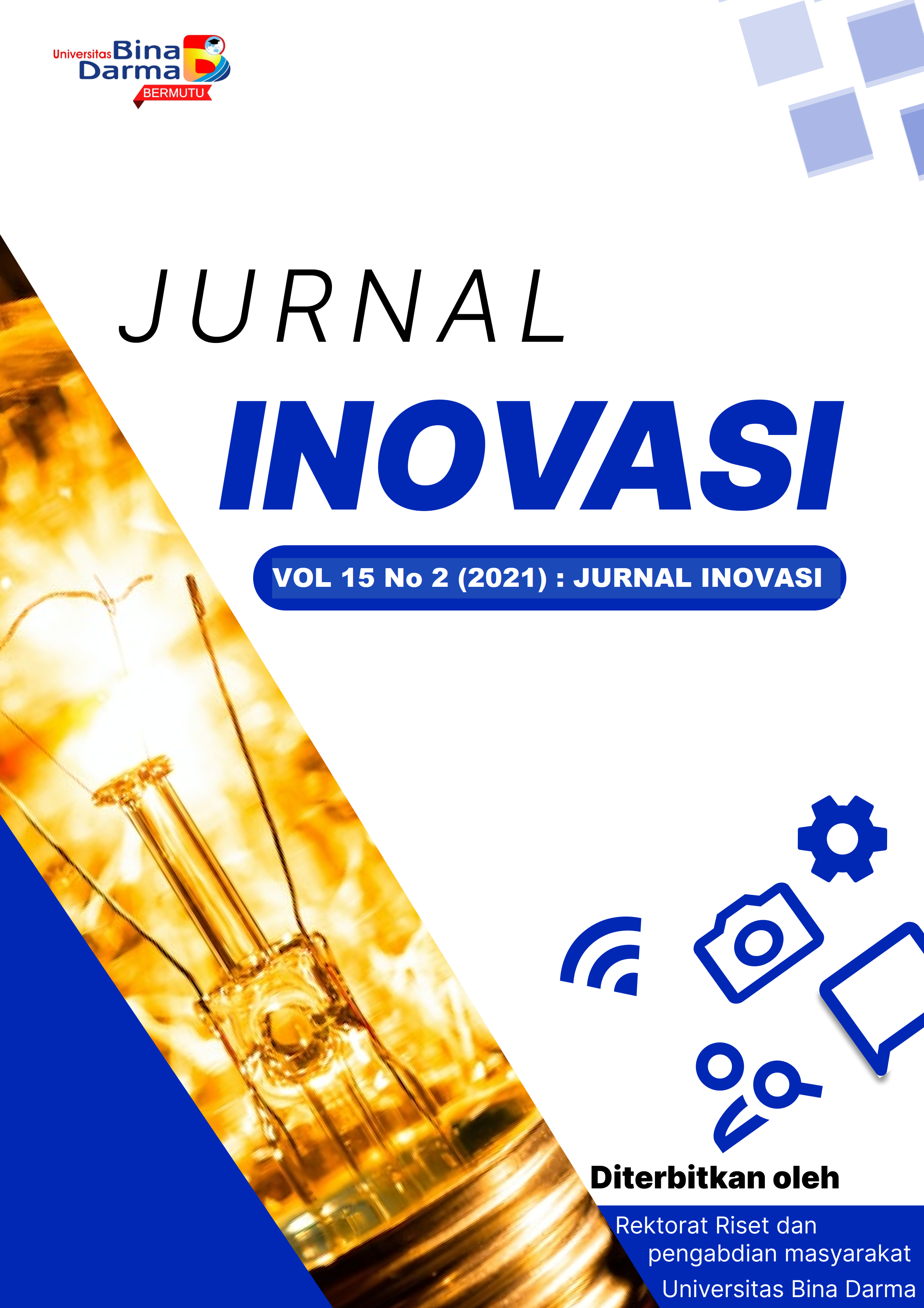KONSEP DIRI ANAK JALANAN DI PANTI SOSIAL REHABILITASI ANAK NUSANTARA (PRAN)
indonesia
DOI:
https://doi.org/10.33557/ji.v15i2.2212Keywords:
Self-concept, street children, social institutionsAbstract
The purpose of this study was to determine the self-concept of street children at the
Rehabilitation Social Home for Nusantara Children. This research method is qualitative with a
descriptive approach to interview, observation, documentation, case studies. The research resource
persons consisted of the social orphanage coach (PRAN), two street children. The data collection
technique was carried out by interviewing all the informants, and the results of this study indicated
that: The self-concept of street children in social institutions. Individuals are not born with self-
concepts, self-concepts appear as experiences obtained from the process of social interaction with
people who is around. In addition, individual self-concepts are formed and developed through the
results of the influence of interactions carried out through social relationships with the environment,
especially the environment among street children, social institutions and the results of responses
from others. and the treatment of these people that reflect our self-concept. Keywords: Self-concept,
Street Children, Individual social interaction
References
Ghufron, Nur &Risnawita, Rini, 2012. Teori-
teori Psikologi. Yogyakarta: Ar-Ruzz
Media
George Herber Mead, 2018. Mind,self,society
: From standpoint of a social
behaviorist. Yogyakarta: Grup Relasi
Inti Media.
Given,”Lisa”M,”2008.”The”SAGEncycloped
ia”of”Qualitative”Research”Methods.
”Volumes”1”&”2. California:
SAGE”Publications.
Moleong,”Lexy”J,”2004.”Metodologi”Penel
itian Kualitatif Edisi Revisi. Cetakan” dua.
Bandung: PT. Remaja”Rosdakarya.”
Mulyana, Deddy, 2012. Ilmu Komunikasi
Suatu Pengantar. Bandung: PT Remaja
Rosdakarya.
Rahmat, Jalaludin, 2007. Psikologi
Komunikasi. Bandung: Remaja Rosdakarya.
Rogers, E.M dan J.W Dearing, 2011.
Comunication Yearbook 11. Newbury
park, CA:Sage.
Ruben, Brent D, 2013. Komunikasi dan
Perillaku Manusia. Edisi Kelima.Jakarta:
Rajawali
pers
Samovar, L., Porter, Richard. dan McDaniel,
Edwin R. 2010. Komunikasi Lintas
Budaya. Jakarta: Salemba Humanika.
Sudrajat, Tata, 2010. Anak Jalanan: Dari
Masa Sehari-hari Sampai Kebijakan
Dalam Dehumanisasi Anak Marjinal
Berbagai Pengalaman Pemberdayaan.
Bandung: Yayasan Akatiga-Gugus
Analisis.
Sumardi, S,2012. Child Protection. Jakarta:
Institut Sosial Jakarta
Supraktinya, Agustinus, 2016. Komunikasi
Antar Pribadi Tinjauan
Psikologi. Yogyakarta: PT Kanisius.
Tubbs, Stewart L & Moss, Sylvia,
2008.Human Communication: Principles and
Contexts. N
ew York: McGraw-Hill Education.
Wiryanto, 2008. Pengantar ilmu
komunikasi.Jakarta : PT Grasindo
West, Richard & Lyn Turner, 2011Teori
Pertukaran Sosial mengenai sifat dasar
manusia. Pengantar Teori Komunikasi
Edisi Tiga dan Edisi Lima.
Jakarta:Salemba Humanika
Wood, Julia T, 2013. Komunikasi
Interpersonal: Interaksi Keseharian.
Edisi 6. Jakarta: Salemba Humanika.
Yin, Robert K, 2015. Studi Kasus: Desain &
Metode. Diterjemahkan oleh:M. Djauzi
Mudzakir. Jakarta: PT Raja Grafindo
Persada.
Internet :
Astri, Herlina, 2014. Kehidupan Anak
Jalanan di Indonesia: Faktor Penyebab,
Tatanan Hidup dan Berperilaku
Menyimpang. Diakses 11 Juli 2020.
https://jurnal.dpr.go.id/index.php/aspir
asi/article/view/454/351.
Movanita,Kemala, 2017. “Mensos Optimistis
Target Indonesia Bebas Anak Jalanan
Tercapai”. Diakses pada 20 Febuari
2020.
https://nasional.kompas.com/read/2017/11/2
0/18315131/mensos-optimistis-target-
indonesia-bebas-anak-jalanan-tercapai.
Putri, Destiana. 2018. “Anak Jalanan
Membutuhkan Pembinaan yang
Tepat”. Diakses pada 20 Febuari 2020.
https://www.republika.co.id/berita/nasional/
umum/18/01/15/p2lixs359-anak-
jalanan-membutuhkan-pembinaan-
yang-tepat
Silaban, Mingkid, Kalesaran. (2015).
“Komunikasi Antarpribadi Orang Tua
Dalam Pembentukan Konsep Diri
Remaja Pada Keluarga Di Lingkungan
III Kelurahan Bahu”. Journal of
Communication, Vol. 4, no.3, h. 1-8. Di
akses pada 19 Juni 2020
https://media.neliti.com/media/publications/
89763-ID-komunikasi-antarpribadi-
orang-tua-dalam.pdf
Downloads
Published
Issue
Section
License

This work is licensed under a Creative Commons Attribution 4.0 International License.




